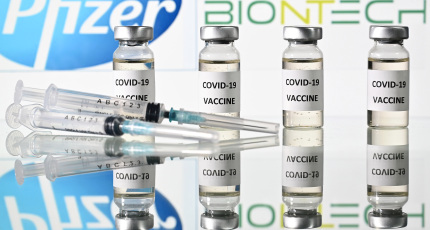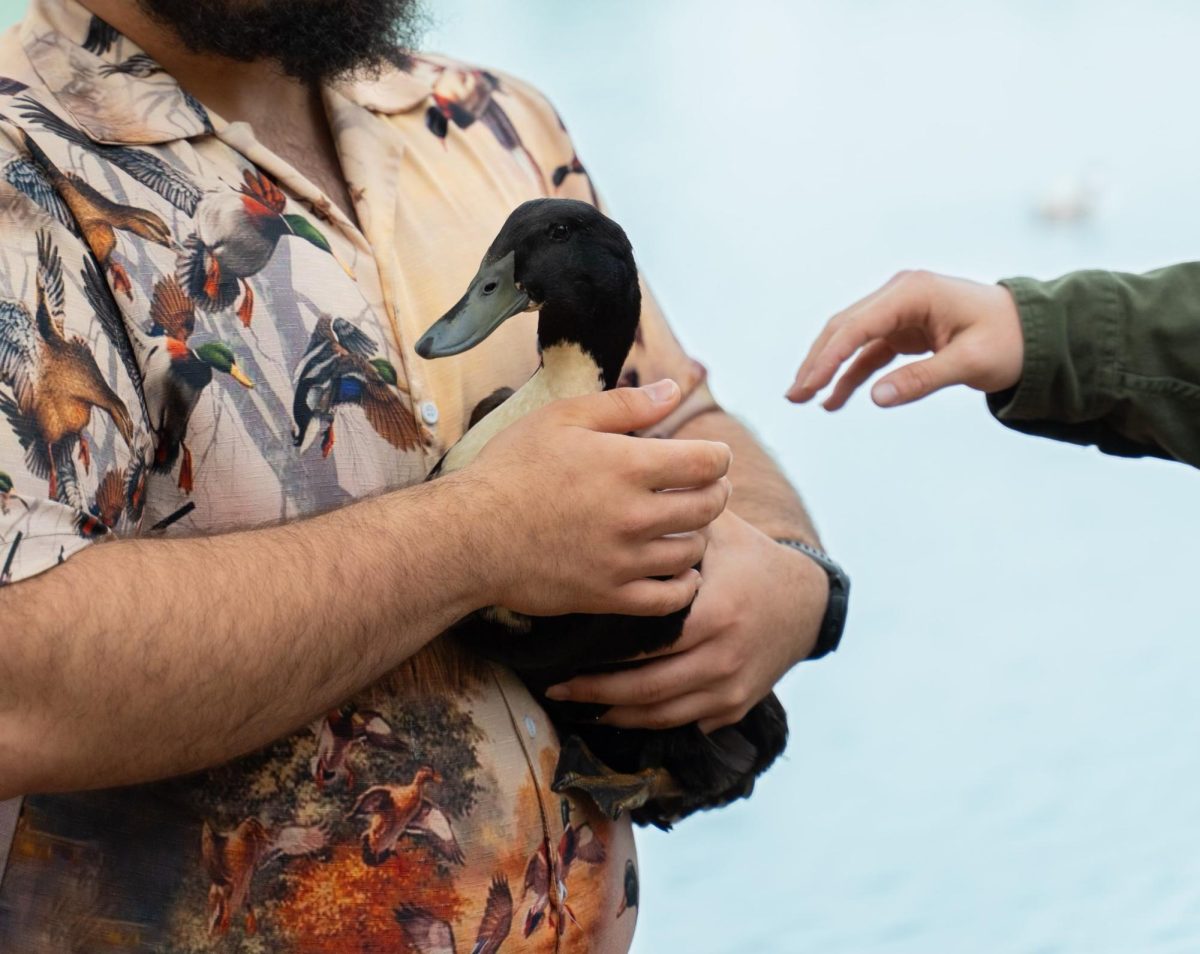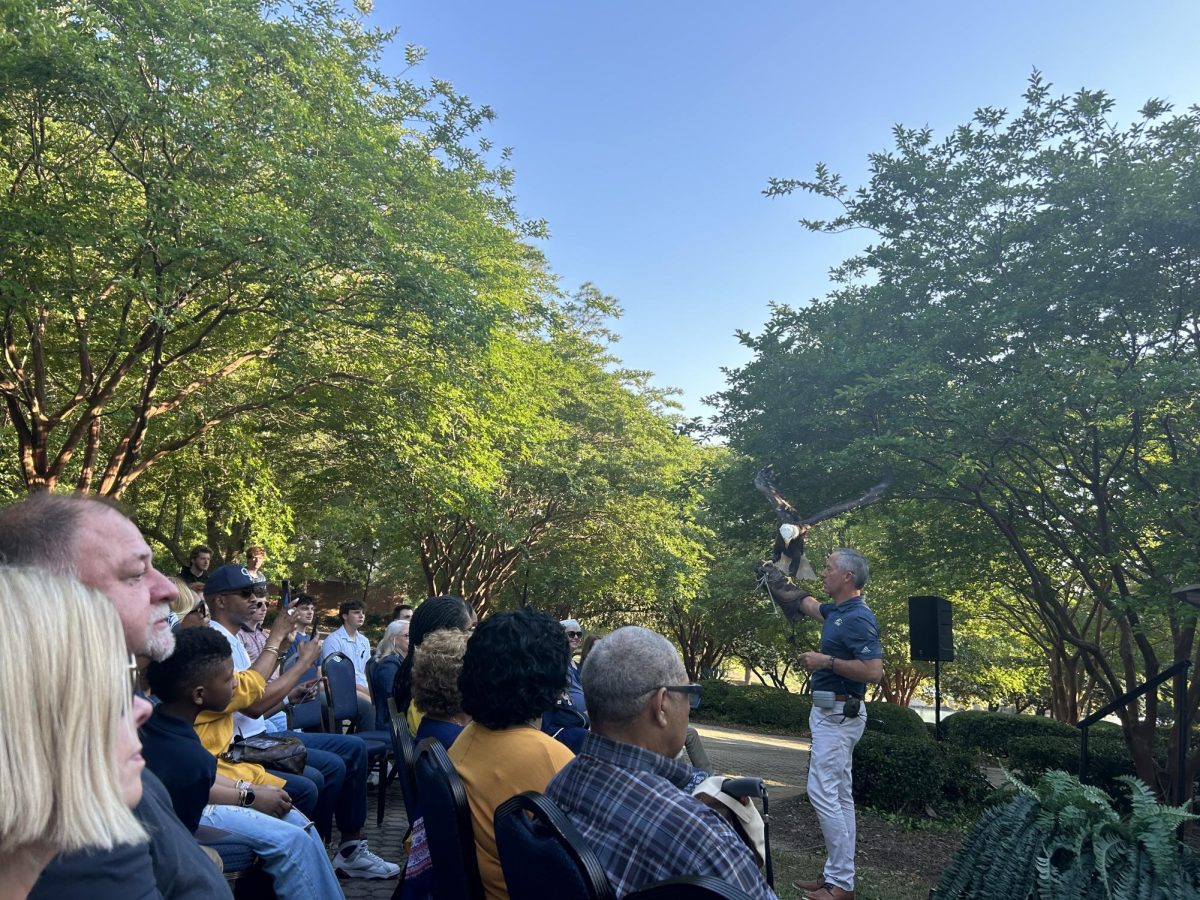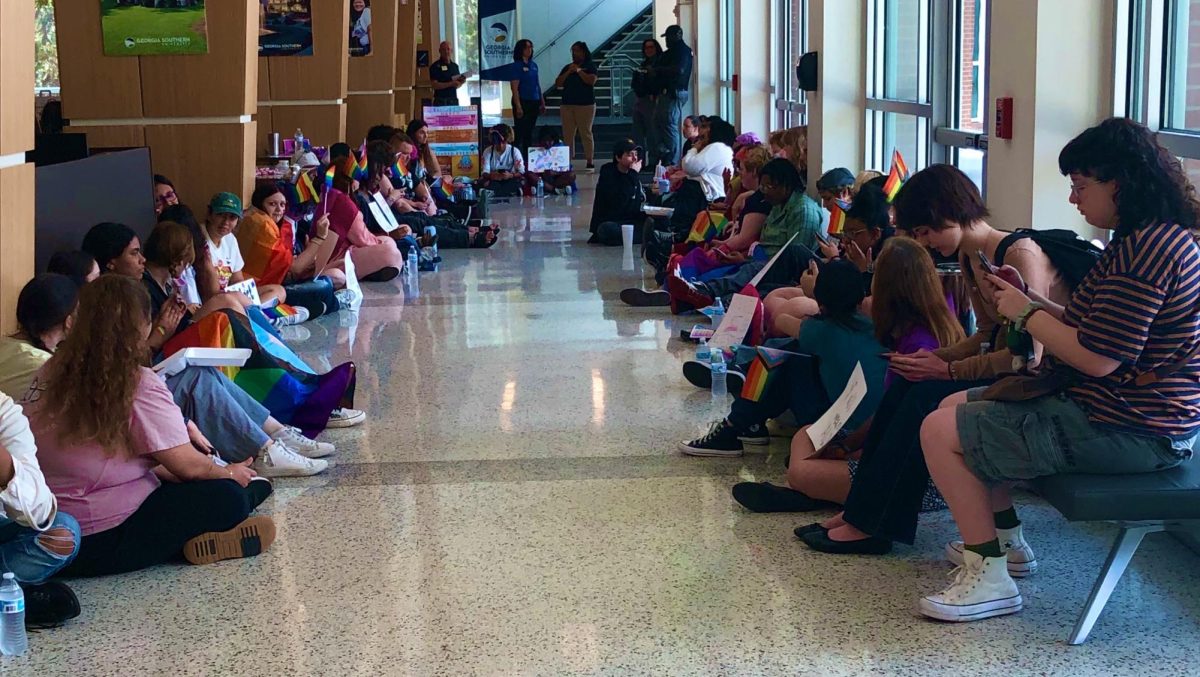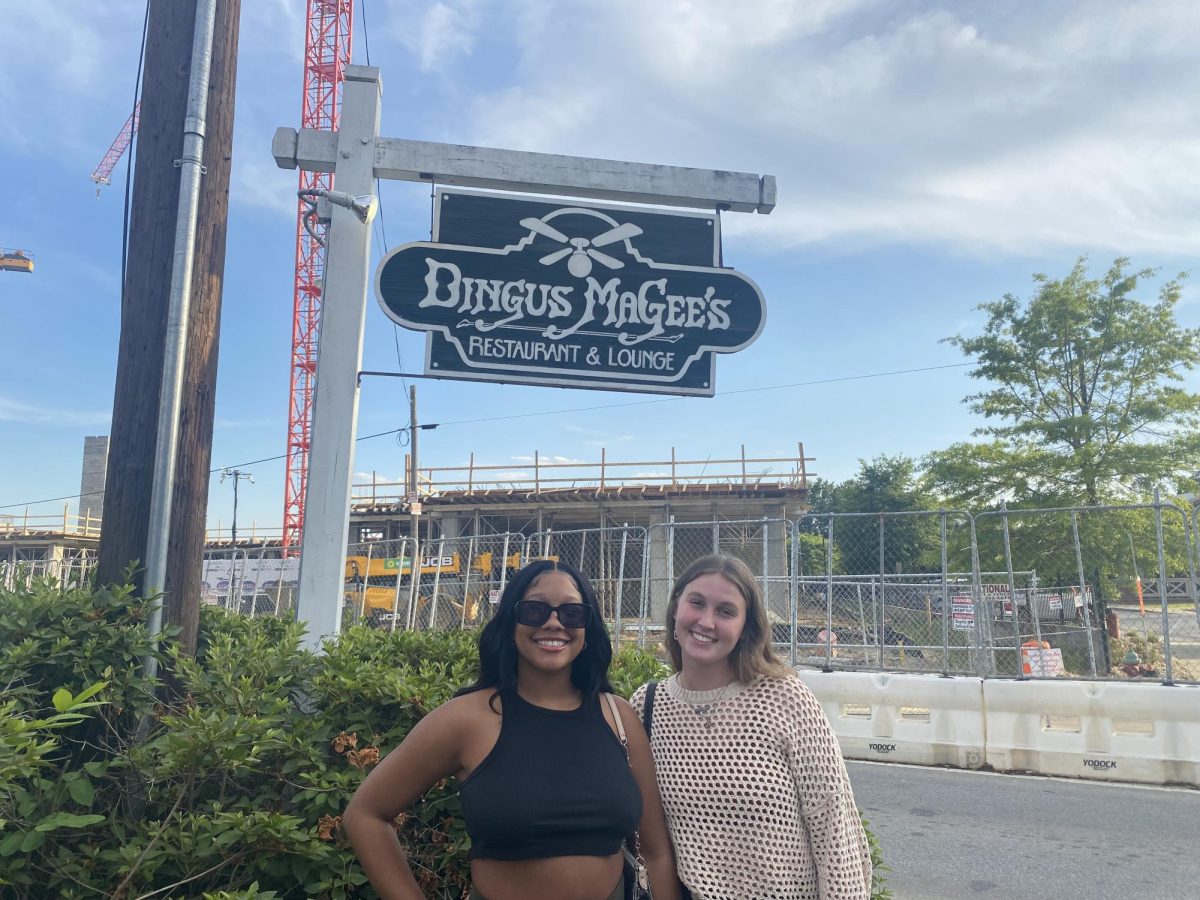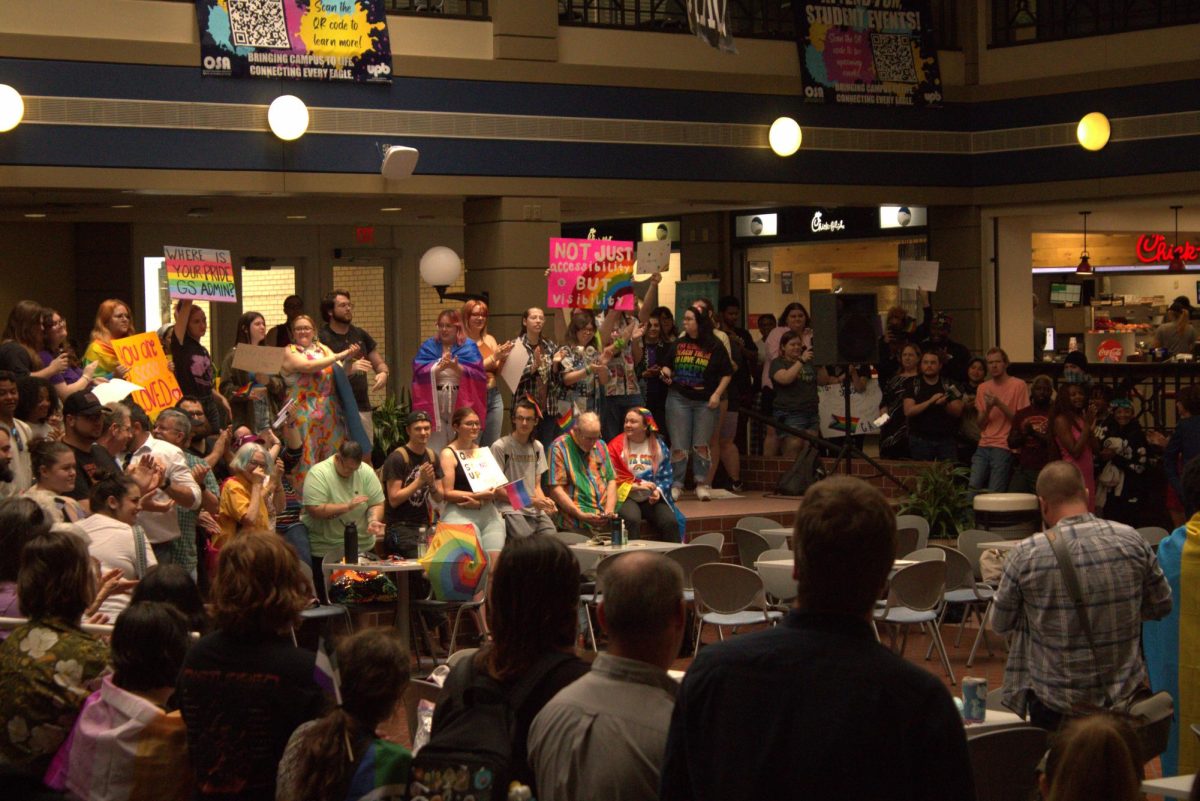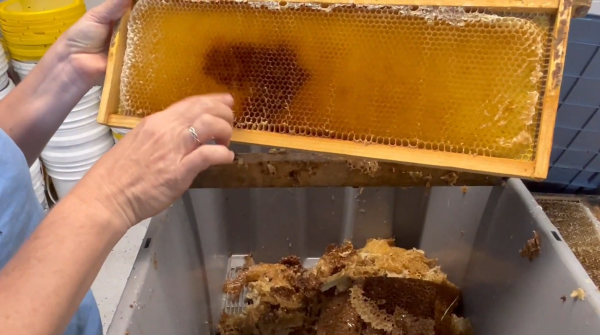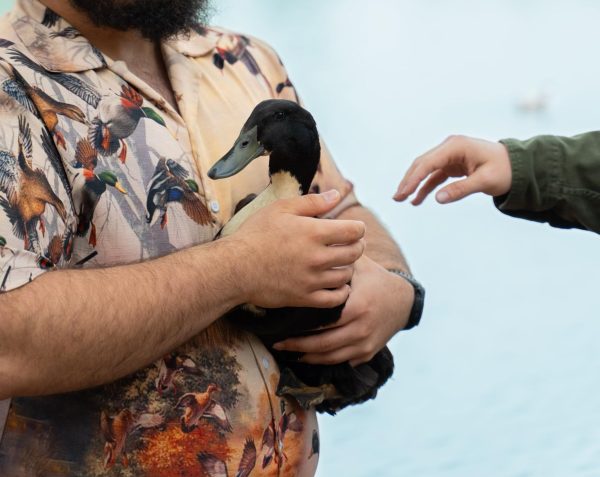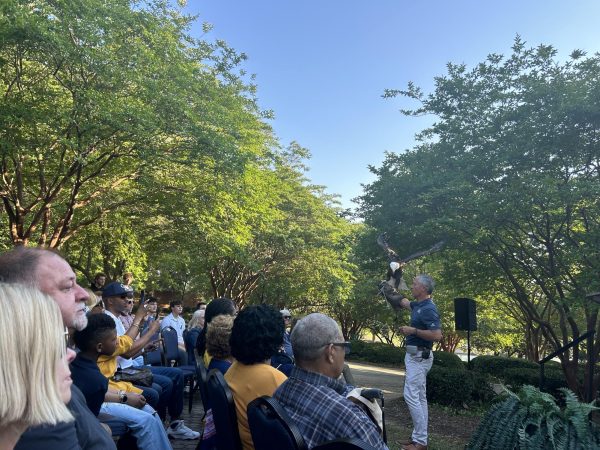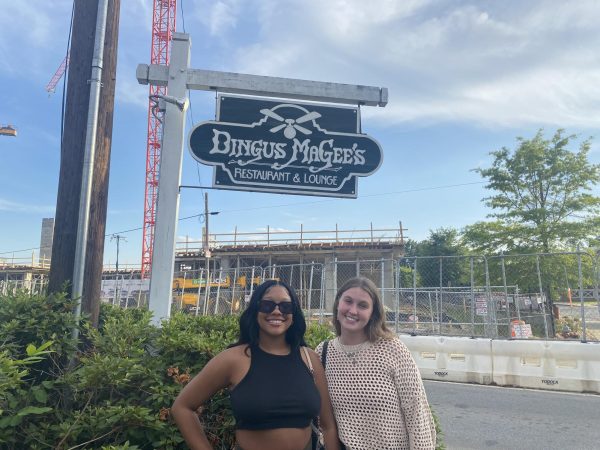What’s the latest on the COVID-19 vaccine?
Brian DeLoach, M.D., gave us the update
November 20, 2020
As of this week, two companies appear to be leading the charge to a COVID-19 vaccine, Pfizer and Moderna.
According to Brian DeLoach, M.D., medical director and staff physician, both companies have created a vaccine with reported high levels of success with the expectation that both companies will be filing for an emergency use authorization from the FDA.
“The hope is that, if the vaccines have high efficacy in the population, and there is widespread acceptance of the vaccine among the population, then at some point population immunity will reach a level that will significantly reduce transmission of the virus and the pandemic will end,” said DeLoach.
This does not mean that the search for a vaccine is over, the world wide effort to find a vaccine is still ongoing even with the announcements of vaccines with higher levels of success.
The Emergency Use Authorization is defined by the FDA as, “Unapproved medical products or unapproved uses of approved medical products to be used in an emergency to diagnose, treat, or prevent serious or life-threatening diseases or conditions caused by CBRN [chemical, biological, radiological and nuclear] threat agents when there are no adequate, approved, and available alternatives.”
In the last day, several news outlets have reported that Pfizer (who is working with BioNTech on a vaccine) will be applying for the emergency use authorization from the FDA but the active list of emergency use authorizations on the FDA website has not yet shown this development.
“There are some reports in the national media that vaccines will be distributed as early as before the end of this year, it is more likely that it will be sometime during the first half of 2021—exactly when is still unclear,” said DeLoach. “Although the details about distribution are also not clear at this time, there will probably be a tiered distribution from the federal government’s strategic national stockpile.”
The vaccines themselves have so far been understood to work in slightly different ways with the Pfizer one being a two shot procedure, with an initial one and a booster shot a few weeks later. While the Moderna vaccine would be a single shot with no follow up booster shot.
With our community in mind both as Georgia Southern and as Statesboro the same goal of, “Achieving high levels of immunity[…]” applies.
“Continue to be diligent in following public health measures to protect yourself and those around you: wear your face coverings, socially and physically distance, wash your hands frequently, stay home if you are sick,” said DeLoach.
“As more definite news about the vaccine becomes available that will better inform the University’s plan for access to the vaccine, we will share that information with the University community,” DeLoach added.

